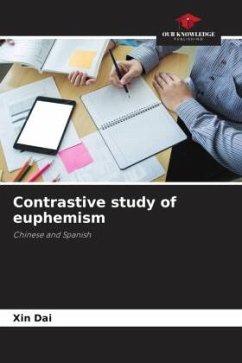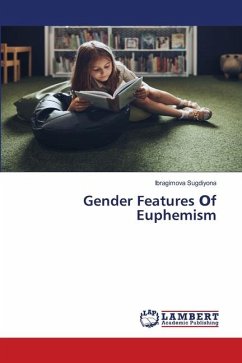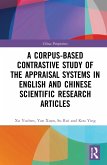Euphemism is a universal phenomenon of great communicative importance in personal and public relations, and its scope extends to the linguistic, pragmatic and literary fields; however, despite this, there is currently little systematic contrastive study of Spanish and Chinese euphemism. Given the enormous linguistic heterogeneities and cultural connotations of euphemism in Chinese and Spanish, this paper aims to make a systematic study of this concept in both languages. Starting from the definitions of this concept, we delve into its classifications, functions and characteristics. The main task is to compare with the contrastive method the similarities of the linguistic mechanisms of formation and the differences in Chinese and Spanish euphemism at different levels covering phonetics, morphology, syntax, lexicon and semantics. Consequently, we deduce the causes of similarities and the factors from linguistic characteristic, hierarchical politics and religious belief that influence their different usages.
Bitte wählen Sie Ihr Anliegen aus.
Rechnungen
Retourenschein anfordern
Bestellstatus
Storno








